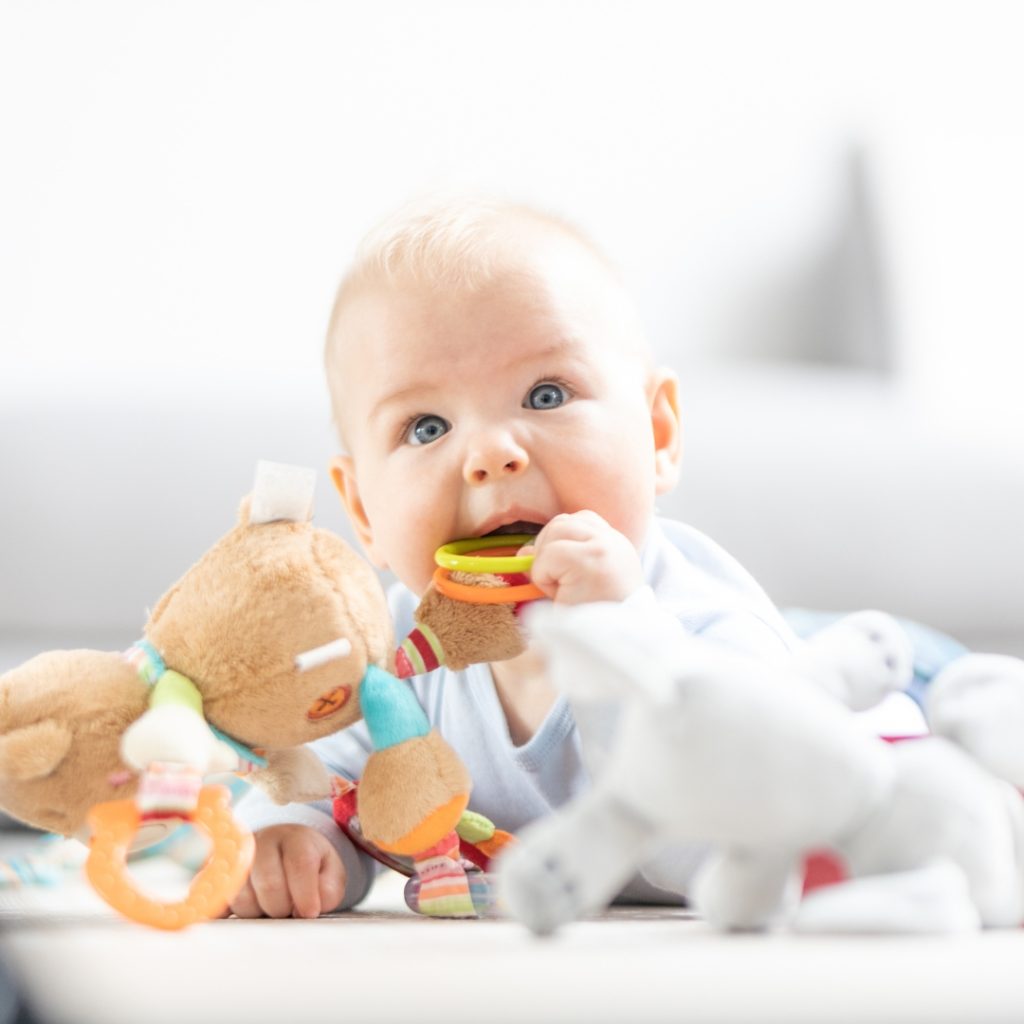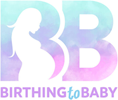The Power of Play – How Babies Learn Through Playtime

Introduction
Play isn’t just about fun—it’s a crucial part of your baby’s growth and development. Every time your baby reaches for a toy, listens to a song, or watches you make silly faces, they’re learning important skills that help them understand the world around them. Let’s explore how playtime boosts brain development and the best ways to engage with your baby at different stages.
Why Play is Important for Babies
Play stimulates the senses, strengthens muscles, and encourages problem-solving. It also helps babies develop their cognitive, social, and motor skills in a natural and enjoyable way.
How Babies Learn Through Play
🧠 Brain Development – Playing encourages babies to explore, which helps build neural connections in their growing brains. Activities like stacking blocks, peek-a-boo, and sensory play all stimulate cognitive development.
👀 Improved Motor Skills – Grasping toys, kicking their legs, and rolling over during playtime help babies develop fine and gross motor skills.
🎶 Language & Communication – Singing songs, talking, and reading books expose babies to language and improve their communication skills, even before they start speaking.
😊 Social & Emotional Growth – Interactive play helps babies learn about facial expressions, emotions, and social interactions. Games like peek-a-boo or mirroring expressions build strong emotional connections.
Best Playtime Activities for Different Stages
👶 0-3 Months:
- High-contrast black-and-white toys to stimulate vision
- Gentle music and singing to introduce rhythm and sound
- Tummy time with soft toys to encourage head control
👶 3-6 Months:
- Soft rattles and toys to grasp and shake
- Mirrors for babies to explore their own reflection
- Playing “airplane” by gently lifting baby while making sounds
👶 6-12 Months:
- Stacking rings or soft building blocks for hand-eye coordination
- Simple cause-and-effect toys (like pressing buttons for sounds)
- Hide-and-seek games with toys to encourage problem-solving
Making the Most of Playtime
- Follow Your Baby’s Cues – If they seem engaged, keep playing! If they get fussy, take a break.
- Limit Screen Time – Babies learn best through real-life interactions rather than screens.
- Join the Fun – Your baby learns the most from playing with YOU! Your voice, expressions, and reactions are their best teachers.
Conclusion
Play is a powerful tool for your baby’s development. Whether it’s through songs, movement, or interactive toys, every moment spent playing is a step toward learning and growth. So go ahead—sing, dance, and stack those blocks—because playtime is learning time!






